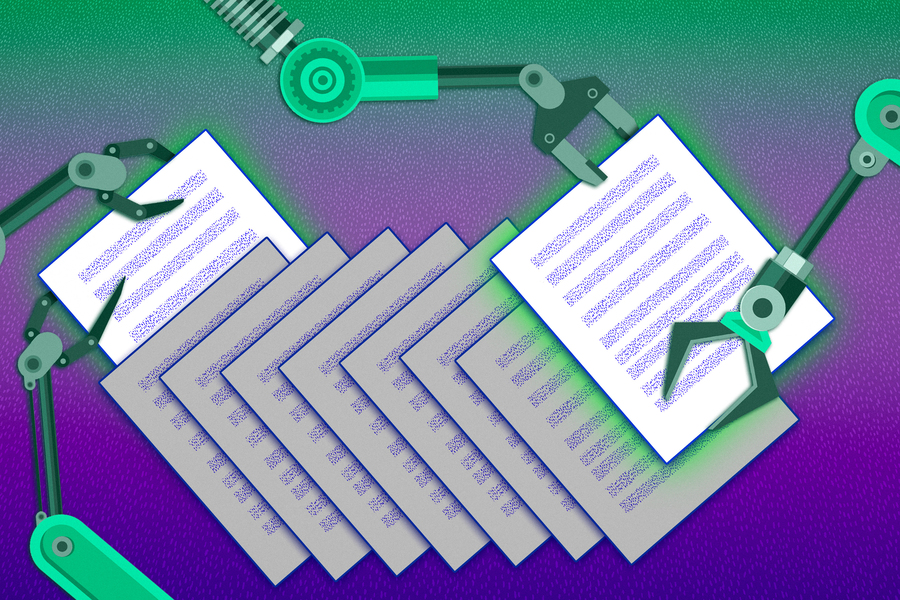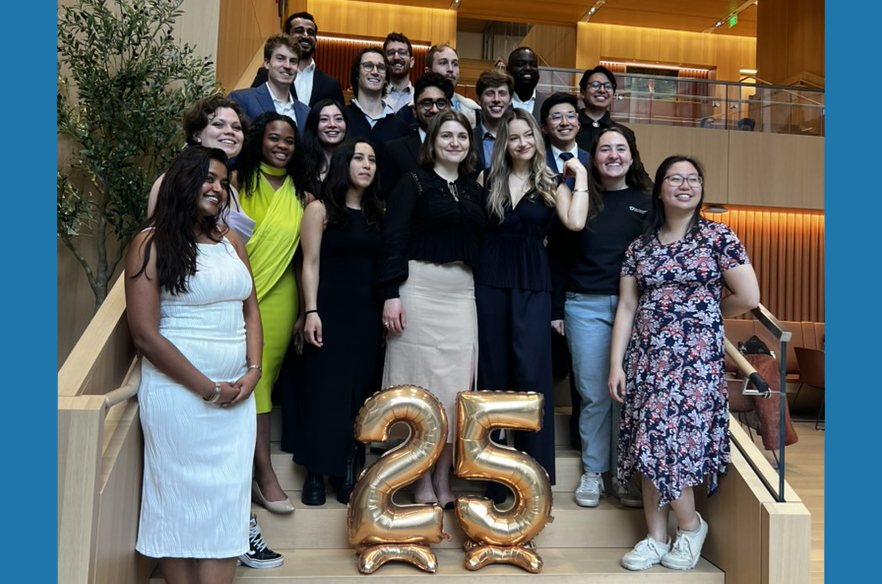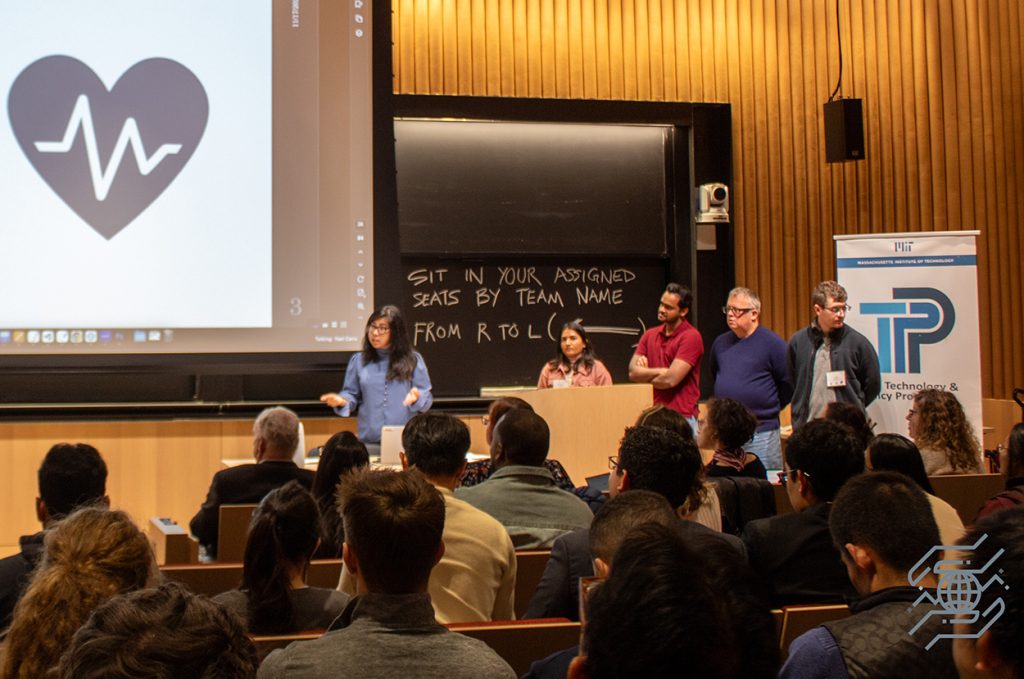SES News

3 Questions: Using AI to help Olympic skaters land a quint
MIT Sports Lab researchers Jerry Lu, IDSS faculty Peko Hosoi, and SES grad student Eric Liu are applying AI technologies to help figure skaters improve.
READ MORE
Prognostic tool could help clinicians identify high-risk cancer patients
Using a versatile problem-solving framework, researchers including IDSS faculty Devavrat Shah and SES and IDPS student Jessy (Xinyi) Han show how early relapse in lymphoma patients influences their chance for survival.
READ MORE
MIT and Mass General Hospital researchers find disparities in organ acceptance
In an analysis of over 160,000 transplant candidates, researchers including SES student Hammaad Adam found that race is linked to how likely an organ offer is to be accepted on behalf of a patient.
READ MORE
Unpacking the bias of large language models
In a new study, researchers including IDSS faculty Ali Jadbabaie, Stefanie Jegelka and SES/IDPS student Xinyi Wu discover the root cause of a type of bias in LLMs, paving the way for more accurate and reliable AI systems.
READ MORE
The 2025 graduates of IDSS
IDSS celebrates our 2025 graduates, including 6 Social & Engineering Systems PhDs, 13 interdisciplinary doctoral degrees in Statistics, and 22 Master of Science degrees in Technology and Policy.
READ MORE
Technology and policy for changing the world
The 2024 MIT Policy Hackathon empowered participants with the data and methods to collaboratively tackle challenges in healthcare, climate resilience, and more.
READ MORE
A faster way to solve complex planning problems
By eliminating redundant computations, a new data-driven method from researchers including IDSS faculty Cathy Wu and SES student Sirui Li can streamline processes like scheduling trains, routing delivery drivers, or assigning airline crews.
READ MORE
Basketball analytics investment is key to NBA wins and other successes
Peko Hosoi and SES alum Arnab Sarker join a study that shows that investment in analytics may also benefit college teams and fields beyond sports.
READ MORE
Managing hidden risk in operations
SES student Feng Zhu’s research in multi-armed bandits and resource allocation shows how safety and resiliency can be integrated into complex decision-making environments from healthcare to the supply chain, improving long-term performance in various operational systems.
READ MORE
Puzzling out climate change
Accenture Fellow and SES student Shreyaa Raghavan applies machine learning and optimization methods to explore ways to reduce transportation sector emissions.
READ MORE


